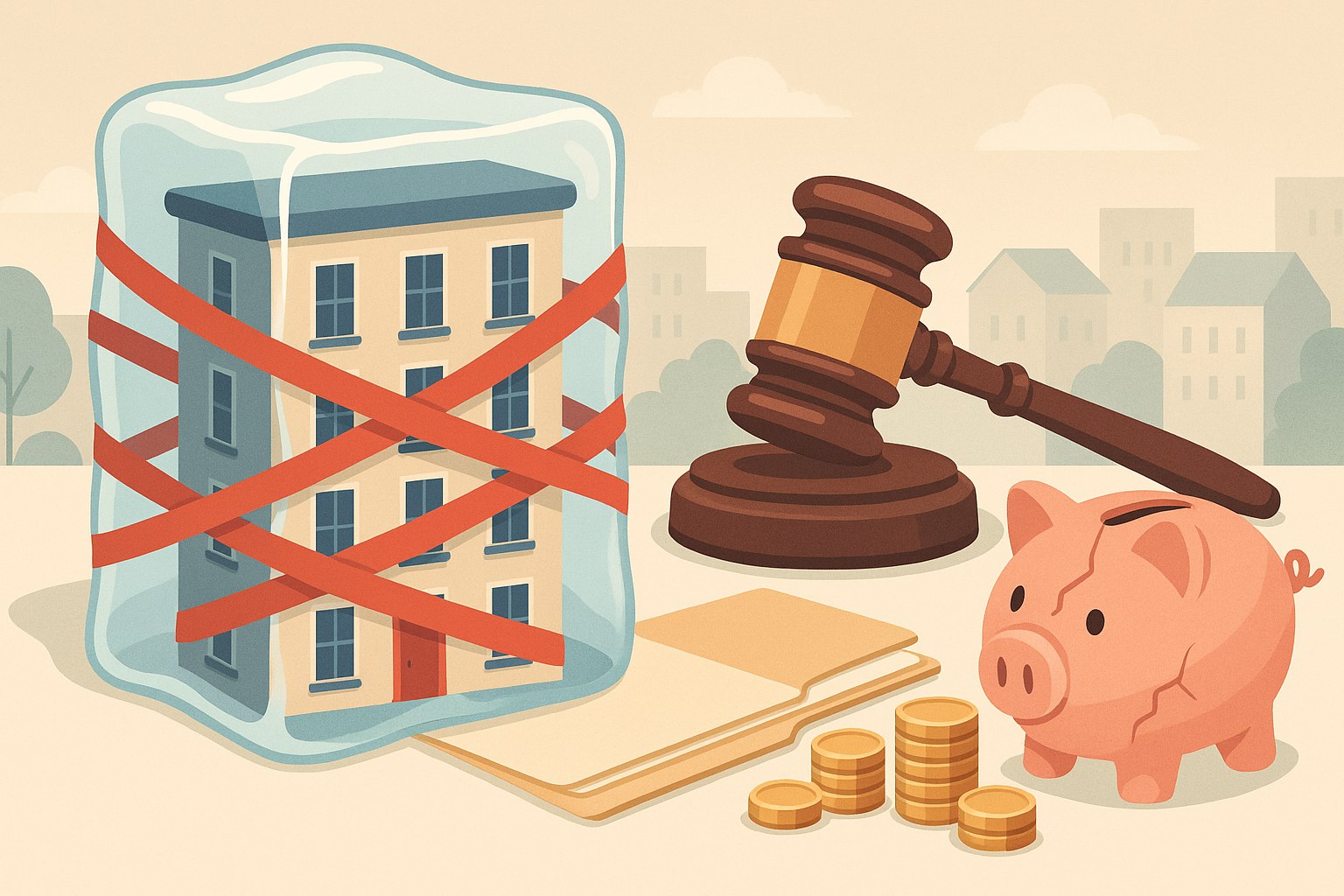AB 628: A Costly New Mandate for California Landlords
California Assembly Bill 628 (AB 628), authored by Assemblymember Tina McKinnor, seeks to amend Civil Code §1941.1 by expanding the definition of “tenantable” housing. Beginning January 1, 2026, all new, amended, or renewed leases would require landlords to provide a functioning stove and refrigerator capable of safely cooking and storing food. While presented as a measure to improve tenant living standards, this bill creates significant financial, legal, and administrative challenges for rental housing providers.
New Financial Burdens
For many landlords, particularly small-scale operators, AB 628 introduces steep new costs. Units that historically did not include appliances would now require both stoves and refrigerators. Beyond the upfront expense of purchasing, landlords will be responsible for maintenance, repairs, and replacements. Appliances have limited lifespans and are prone to mechanical failure, which means landlords must be prepared to absorb ongoing expenses or keep reserves to address breakdowns quickly. In an environment where insurance premiums, utility costs, and regulatory compliance expenses are already climbing, this mandate adds yet another financial strain.
Expanded Legal Liability
AB 628 also heightens legal risks by tying appliances to the statutory standard of habitability. A malfunctioning refrigerator or stove could now trigger habitability disputes, repair-and-deduct claims, rent withholding, or serve as a defense against eviction. The bill introduces ambiguity that invites conflict: What qualifies as a “working” refrigerator? Would compact or non-standard models meet the law’s requirements? If misuse by tenants causes failure, are landlords still liable? These uncertainties open the door to costly litigation and added liability, particularly in tenant-friendly jurisdictions where even minor disputes can escalate quickly.
Compliance and Administrative Challenges
The bill forces landlords to adapt their leases, update property management procedures, and track appliance condition to protect against claims. For those managing older buildings or multiple small units, this represents a heavy administrative burden. Landlords who once offered “appliance-free” units at lower rents—often a budget-friendly option for tenants who preferred to supply their own appliances—will no longer be able to do so. This reduces tenant choice while increasing operational complexity for landlords.
Limited Exemptions
AB 628 does include narrow carve-outs, excluding certain types of housing such as permanent supportive housing, single-room occupancy hotels, and residential hotels. Tenants who explicitly agree in writing to provide their own refrigerator may also be exempt. Yet these exemptions are limited and fail to reduce the compliance burden on the vast majority of California’s rental housing providers.
Broader Consequences
By layering yet another mandate on top of strict rent caps, eviction controls, and other regulatory requirements, AB 628 risks discouraging investment in rental housing. Many small owners may be unable or unwilling to comply, potentially leading to more units leaving the rental market. This outcome would worsen California’s housing shortage, driving up costs for tenants and undermining the bill’s stated intent.
Conclusion
On its surface, AB 628 appears to be a tenant-friendly measure requiring basic kitchen appliances in every rental unit. In reality, it imposes costly obligations, creates new legal risks, and complicates property management. Landlords face higher expenses, increased exposure to disputes, and reduced flexibility in how they structure their rental offerings. At a time when California desperately needs more housing, AB 628 threatens to push small providers out of the market, exacerbating the very crisis lawmakers claim they want to solve.
This article has been prepared by the editorial staff of Apartment News Publications, Inc. (ANP) intended for informational purposes only and does not constitute legal advice. Readers should consult with qualified counsel regarding their specific circumstances. ANP, Covering Issues That Impact Landlords and Property Owners.









